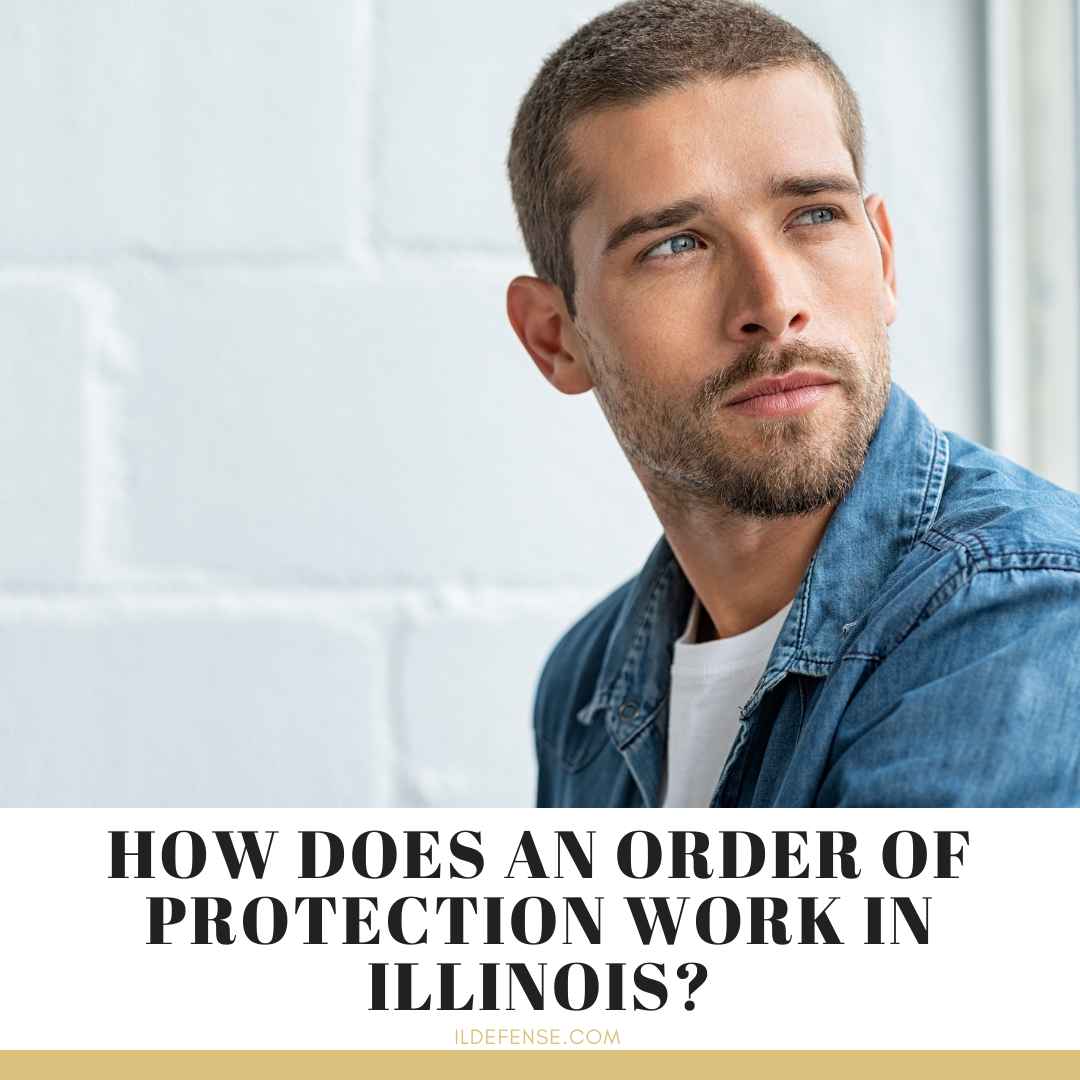
If you’re like many people, you’ve heard of orders of protection – but how do they work in Illinois, and what happens if you violate one? This guide explains.
How Does an Order of Protection Work in Illinois?
An order of protection is an official court order. It restricts a person from doing certain things, such as:
- Threatening or abusing another person
- Going to their residence (if it’s shared with the person who obtained the order of protection)
- Going near the alleged victim, whether it’s at work, school, home or another location
- Taking a child out of state
- Accessing a child’s records
- Keeping certain personal property
- Possessing weapons, in some cases
An order of protection can also require a person to do certain things, such as:
- Attend counseling
- Appear in court, or bring a child to court
- Give the alleged victim certain personal property
- Pay support for minor children
- Pay for losses suffered from alleged abuse
- Pay for shelter or counseling services for the alleged victim
- Turn weapons in to law enforcement, in some cases
Related: What to do if you’re charged with kidnapping
What Can Police Do if They Suspect You Violated an Order of Protection?
The police can – and will – arrest you and take you to jail if they suspect you violated an order of protection. That means you’ll end up back in court and you’ll likely face criminal charges.
What Defenses Are Available for Violating an Order of Protection?
Every case is different, so you’ll want to talk to an attorney about possible defenses for violating an order of protection. For example, you may not have known that the alleged victim was in a certain location, or that a certain location was off-limits to you; if that’s the case, your attorney will explain the situation to the judge in your case. The best possible outcome in a situation like that is the judge finding your explanation credible; however, if the judge doesn’t believe you, you’ll likely face criminal charges.
Do You Need to Talk to an Attorney?
If you’ve been accused of a crime, we may be able to help you – and don’t worry: It’s completely confidential. Call us at 847-920-4540 or fill out the form below to schedule your free, private consultation with an experienced and skilled Chicago criminal defense attorney now.
Contact Us
"*" indicates required fields









